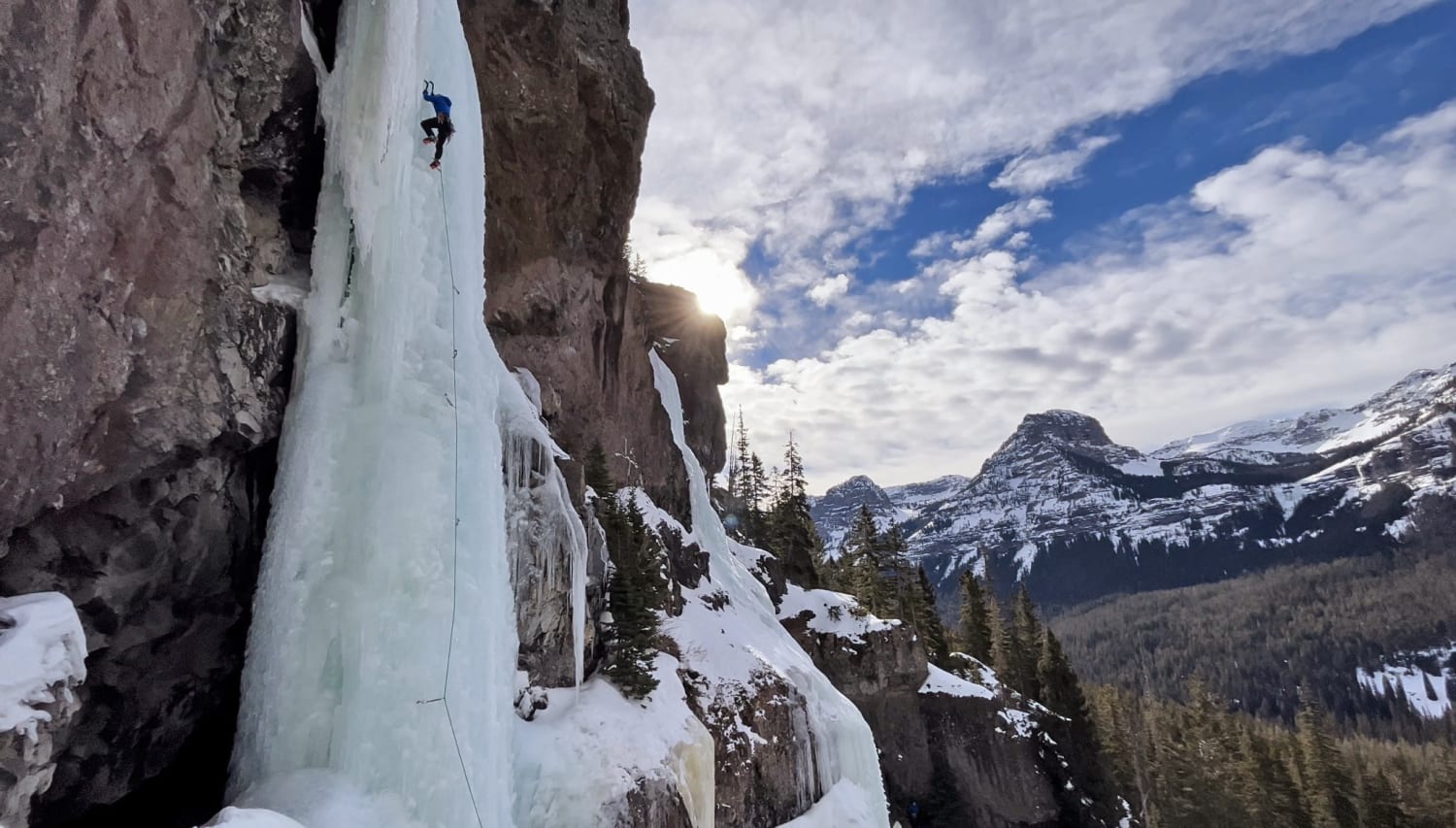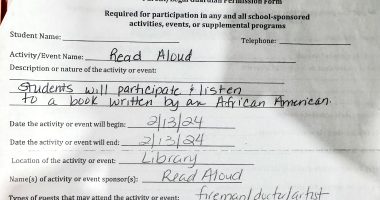When Molly Kawahata was growing up, a painting of two lonely figures and barracks set against snowy mountains hung in her childhood home. It wasn’t until she was an adult that Kawahata, a former climate adviser to the Obama administration, realized the scene was of Topaz in Utah, where her grandfather and his family were incarcerated during World War II.
Last year, Kawahata, an accomplished ice and alpine climber, toured Topaz and decided to go climbing in the nearby mountains. “[My family] was staring at these mountains all the time,” Kawahata told NBC Asian America. “Now I’m going over the mountains. There is a sense of reclaim.”
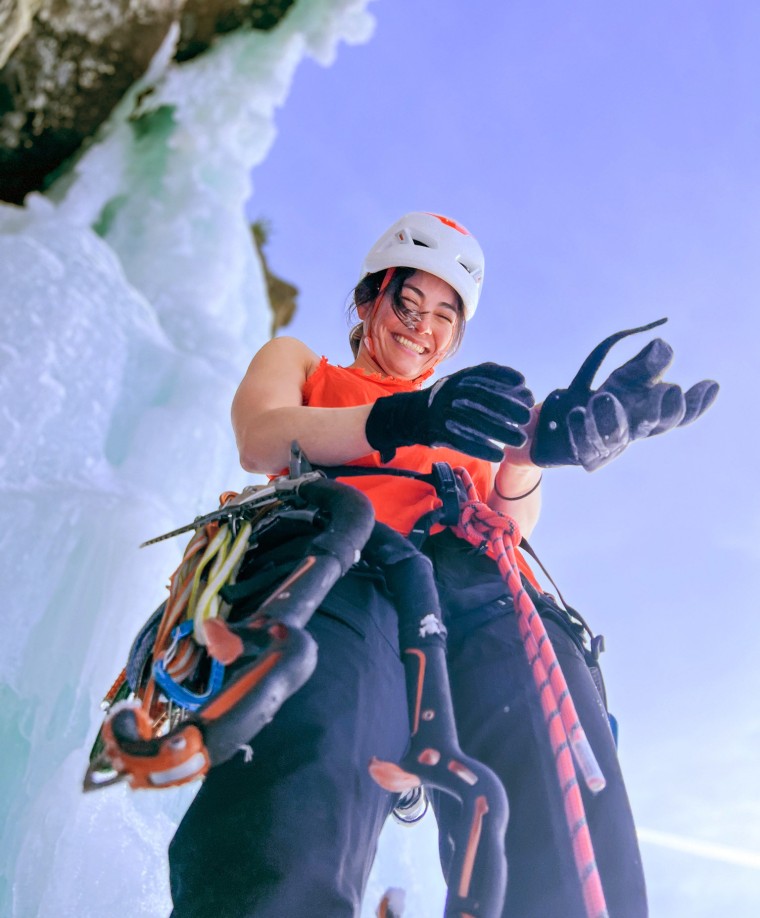
A growing number of Asian Americans are staking their claim to the outdoors, a trend fueled by the pandemic, the racial reckoning of 2020 and the rise in anti-Asian hate and violence. And while many have found community, cultural ties and empowerment, some enthusiasts also report experiencing microaggressions and racism while spending time in nature.
Rates of Asian Americans camping and visiting national parks are on the rise, but the country’s premier outdoor spaces remain overwhelmingly white. The National Park Service found in its most recent 10-year survey that 77 percent of visitors were white, even though people of color make up 42 percent of the U.S. population. Also, less than 20 percent of park employees are nonwhite (Asian Americans are around 2.3 percent of NPS employees).
“There were so many elements of accessibility even for someone like me who has so much privilege,” said Kawahata, who is based in Bozeman, Montana. “Imagine how hard it is for people who don’t have access to green spaces.”
Advocates point to language and economic barriers, lack of transportation and an unfamiliarity with the national park system as issues many members of the Asian American community face when it comes to getting out into nature.
The parks have a fraught history in the U.S.; they represent just a fraction of the land stolen from Native Americans, which impacts how some people enjoy them, according to experts. Colonizers in the U.S. and abroad historically justified their rule by describing people of color as savage and uncivilized, which also affects how some immigrants view activities like backpacking or sleeping under the stars.
Bouldering instructor Christina Roh, founder of the Los Angeles chapter of Outdoor Asian, a diverse and inclusive community of Asian and Pacific Islanders in the outdoors, had her first experiences in nature with families of her childhood friends while growing up in L.A.’s Koreatown.
“When your family is an immigrant family and they’ve come to find a better life and secure the American dream, camping isn’t really seen as something that fits into that model,” Roh said.
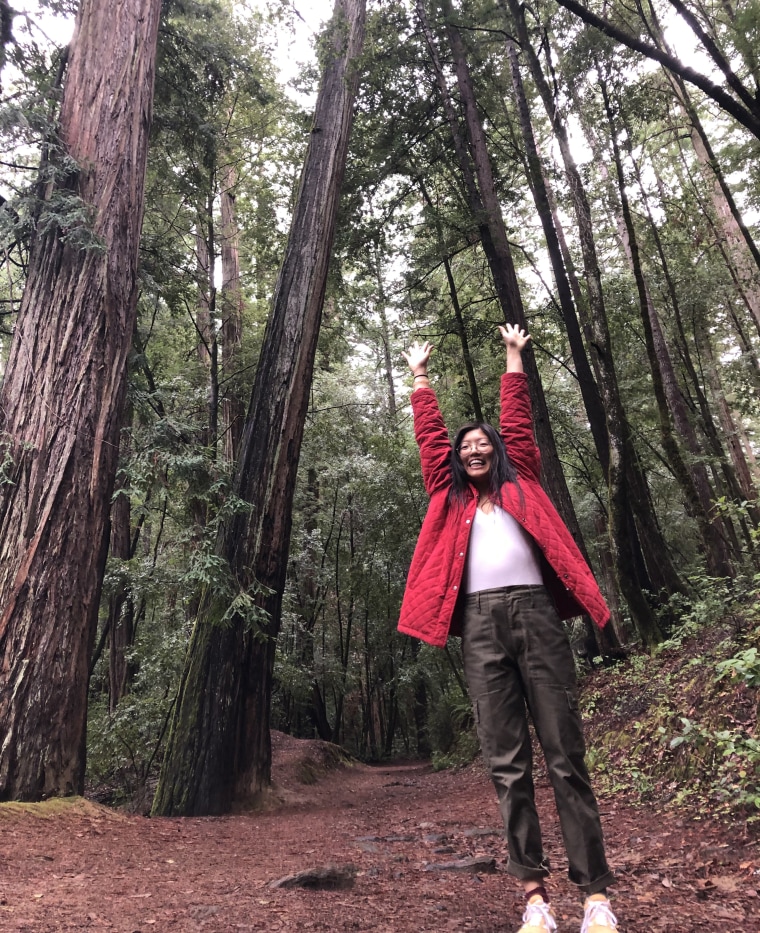
When Roh got involved with Outdoor Asian in 2019, the first LA meetup drew a handful people. Today, the chapter has grown to over 400 members. Recent gatherings included a bouldering and boba event and a hike around Griffith Observatory.
“It makes me emotional just thinking about it,” Roh said. “It’s so rare to be surrounded by other outdoor-loving Asians. Every time I talk to an Asian person who’s traveled in the Midwest or South and gone to the parks they always say, ‘We were the only Asian people in a 10-mile radius.’”
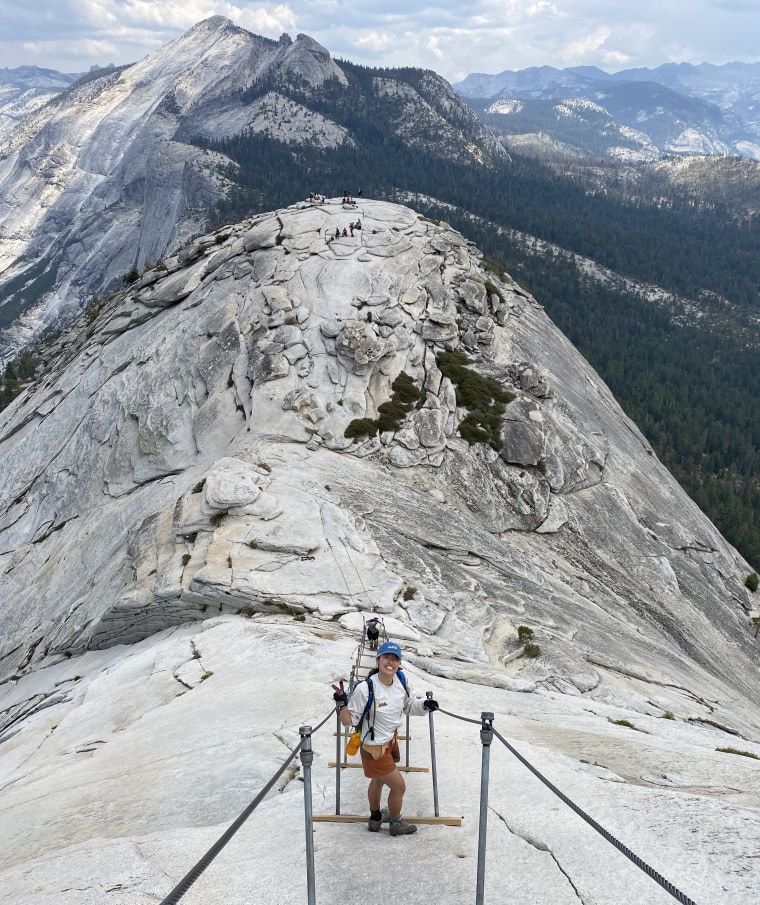
Social worker and conservation educator Jerome Gaw, an avid birdwatcher, said he’s noticed a recent change in advertising and marketing to be more inclusive, but that there’s still a noticeable lack of diversity in environmental education circles.
He said his expertise and knowledge has been minimized and diminished on various occasions. “It’s hard to seem authoritative even though I’ve spent thousands of hours of my life doing this,” Gaw said. “It’s still very much a white person’s — a white guy’s — world.”
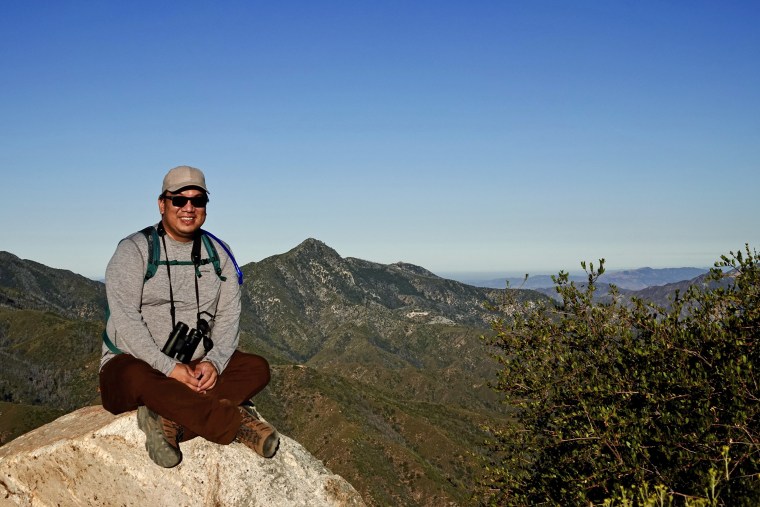
Advocates say everyone should have a right to explore and enjoy the outdoors. The Department of the Interior, which oversees the national parks, wildlife refuges and other public lands, recently published its Equity Action Plan, to help remove barriers to equal opportunity and ensure resources and benefits are delivered equitably to all Americans.
In the private sector, the North Face’s Explore Fund Council is allocating $7 million to continue building equity in the outdoors with grants to organizations like Outdoor Asian, but other companies have been criticized for not doing enough.
Pawan Dhingra, a professor of American Studies at Amherst College, said the outdoors is especially important because there people create memories in a different way than in commercial spaces or at home.
“[The outdoors] has a special resonance,” Dhingra said, “so that raises the question, ‘Is there a responsibility the state has to ensure people are able to create community and belong equally in these spaces owned by the state?’”
Dhingra said it’s a difficult question to answer because part of the solution could mean extra police or additional surveillance pointed at marginalized groups. He said national parks and other public lands could create more opportunities for people to report concerns or harassment and should try to better diversify outreach, including to international populations.
“Racism isn’t a park problem or a beach problem,” Dhingra said. “It’s an American problem.”
Source: | This article originally belongs to Nbcnews.com


